경제학자, 투자자 및 경영진은 건조하다는 이유로 나쁜 평판을 받지만 일부는 숫자만큼 단어에도 능숙합니다.
Warren Buffett 및 Jeff Bezos와 같은 오늘날의 아이콘부터 과거의 위대한 지성인에 이르기까지 이러한 금융계의 거물들은 모두 어떻게 표현해야 하는지 알고 있습니다.
이 엉뚱한 퀴프는 읽는 것이 재미있지만 경험 많은 투자자와 이제 막 시작하는 사람들을 위한 중요한 교훈을 담고 있습니다.
다음은 역대 최고의 투자 인용문 10가지입니다.
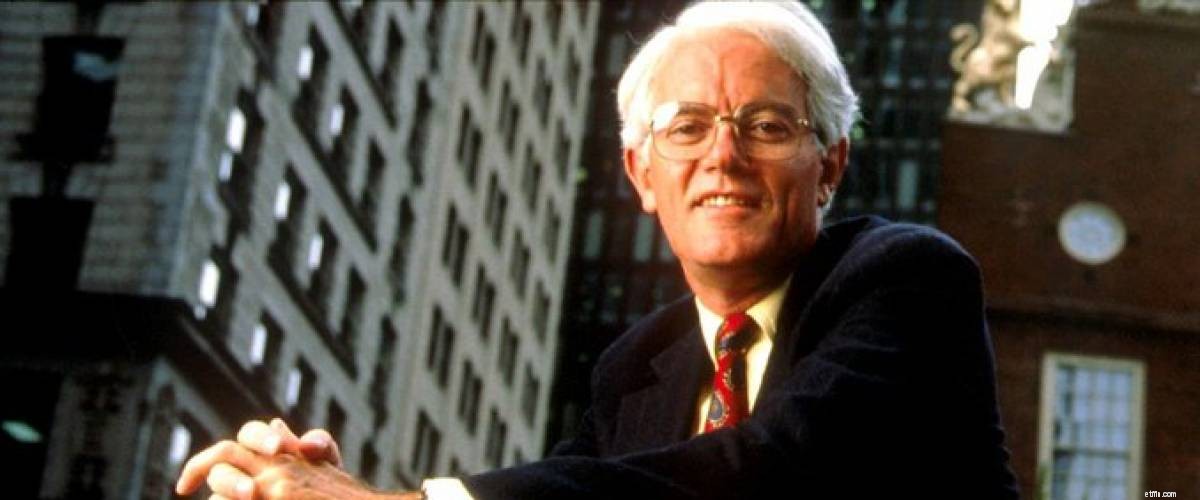
“나는 항상 완전히 투자했습니다. 바지를 걷어 올린 모습이 정말 기분이 좋습니다.”
미국 투자자 Peter Lynch는 1977년부터 1990년까지 Fidelity의 Magellan Fund를 관리하는 동안 세계 최고의 뮤추얼 펀드로 만들었습니다.
따라서 Lynch는 One Up On Wall Street 책을 집필할 때 자신이 무슨 말을 하는지 알고 있었다고 말할 수 있습니다. 1989년.
이 구절에서 린치는 1982년 여름이 주식 시장에서 얼마나 파괴적인 시기였는지 설명합니다. 새 집을 구입한 지 얼마 되지 않은 그는 높은 모기지 상환금을 어떻게 관리할 수 있을지 걱정하고 있었습니다.
그러나 그의 운명은 거의 하룻밤 사이에 뒤집혔습니다. 시장은 미친 듯이 뛰었고 투자자들은 죽어서 남겨둔 주식을 다시 사려고 더듬거리며 방심했습니다. 린치를 제외한 모든 사람.
린치는 언제나 그랬듯이 여전히 완전히 투자했습니다. 지평선을 바라보고 있기 때문입니다. 그는 일상의 기복, 심지어는 예외적인 기복에도 주의가 산만하지 않습니다.
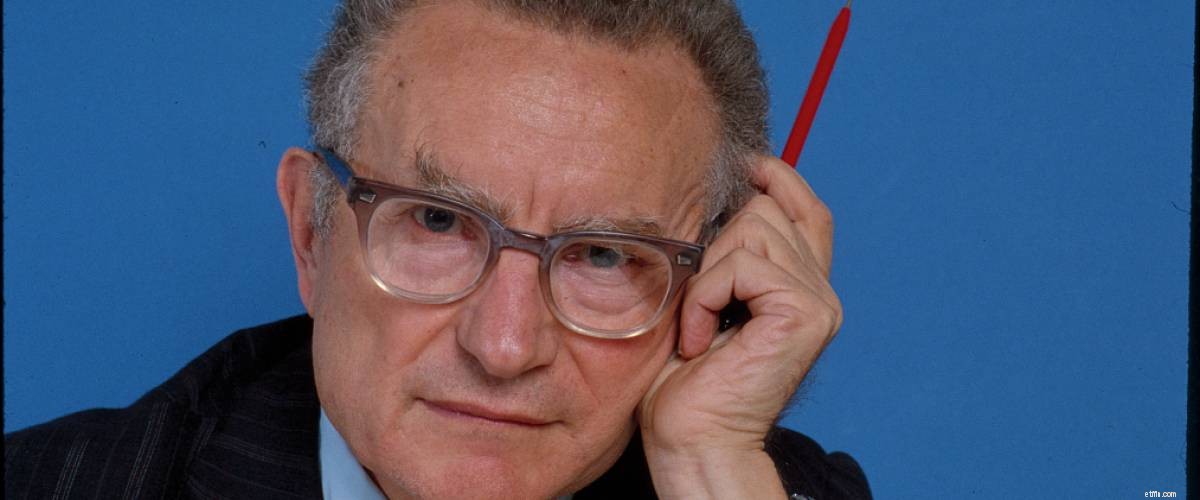
“나는 도박 성향이 있는 사람이 삼겹살, 은시장 또는 신간시장에 베팅하는 것보다 라스베가스에 가서 200달러를 떨어뜨리는 것을 보고 싶습니다. 잃을 수 있는 돈을 제외하고는 투기를 해서는 안 됩니다.”
새뮤얼슨은 1970년 미국인 최초로 노벨 경제학상을 수상했습니다. 뉴욕 타임즈와의 인터뷰에서였습니다. 1971년에 그는 이러한 지혜를 제공했습니다.
그 학자는 정보가 없는 투자자가 시간이 지남에 따라 초기 투자를 "소모"하는 비용이 수반되는 것을 지켜보며 스스로 동기 부여된 자금 관리자에게 조언을 구하는 함정에 빠지는 경우가 많다고 한탄했습니다.
그러나 그는 "당신이 하고 있는 일에 대해 조금이라도 알지 못한다면" 당신은 사실상 도박을 하고 있는 것이라고 덧붙였습니다. 이 경우 전문가의 조언에 의존하여 위험에 맞는 투자를 찾고 인플레이션을 앞서기에 충분한 수익을 제공하는 것이 가장 좋습니다.
고맙게도 Samuelson 시대보다 전문적인 지도를 받는 것이 더 쉽고 저렴합니다.
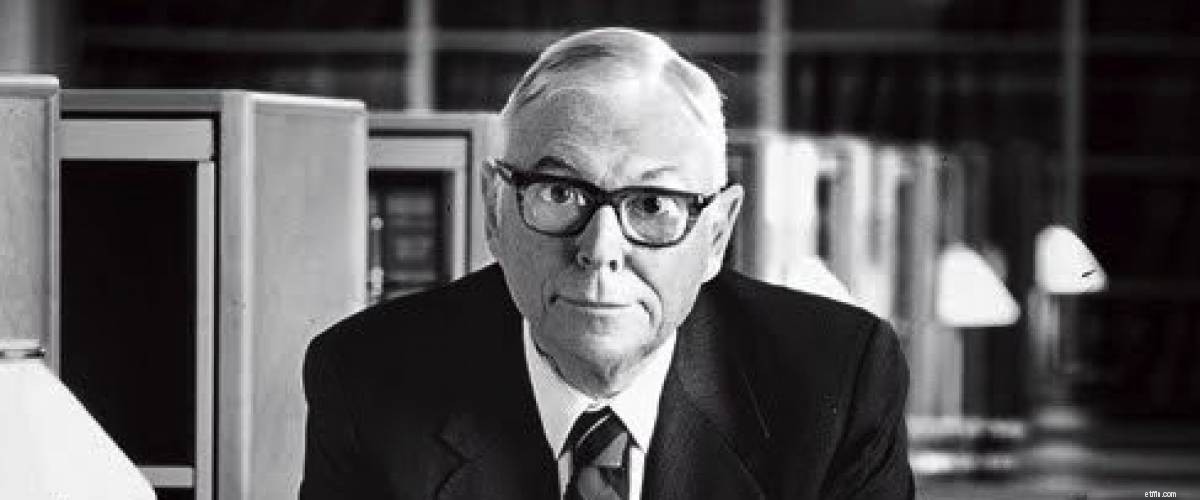
“투자자로서 도움이 되는 것은 기다림입니다. 많은 사람들이 참을 수 없습니다. 만족 지연 유전자를 얻지 못했다면 그것을 극복하기 위해 매우 열심히 일해야 합니다.”
Munger는 Berkshire Hathaway에서 Warren Buffett의 오른팔입니다. 60년 동안 긴밀하게 협력해 온 두 사람은 가까운 우정, 비슷한 투자 전략, 냉철한 관찰력을 공유합니다.
두 사람을 모두 억만장자로 만든 한 가지 본질적인 요소는 겉보기에 무제한적인 인내심입니다. 멍거의 인용문은 월스트리트 저널과의 인터뷰에서 나온 것입니다. 2014년.
버핏과 마찬가지로 멍거의 목표는 항상 많은 돈을 버는 것이지만 시간이 얼마나 걸릴지는 결코 걱정하지 않았습니다. 많은 현명한 투자자와 마찬가지로 그는 일시적인 유행보다 장기적인 성장을 신뢰하며 투자가 즉시 시작되지 않아도 당황하지 않습니다.
다른 사람들이 도박이 성공할 때 현금을 긁어모으는 것을 지켜보는 것은 어려울 수 있지만, 순자산이 20억 달러인 사람에게 그의 전략이 효과가 없다고 말하기는 어렵습니다.
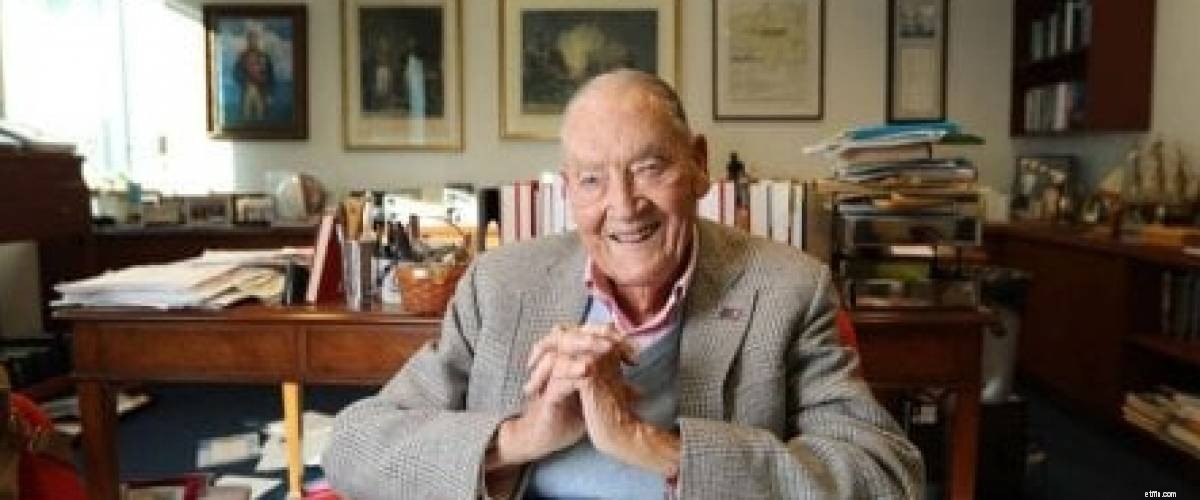
"바늘을 찾지 말고 건초더미를 사세요."
Vanguard Group의 설립자인 John C. Bogle은 투자에 관한 책을 저술했습니다. 위의 소소한 이야기는 2007년 작품 The Little Book of Common Sense Investing에서 가져온 것입니다. .
그가 모든 것에 무분별하게 투자하라고 말하는 것처럼 들릴 수도 있지만 실제로는 Bogle이 발명한 것으로 알려진 인덱스 펀드의 힘을 말하는 것입니다.
원석에서 발견되지 않은 다이아몬드를 찾는 데 시간을 소비하는 대신 단일 인덱스 펀드를 통해 다양한 사업체에 투자할 수 있습니다.
이 접근 방식은 덜 위험할 뿐만 아니라 더 많은 수익을 내는 경향이 있습니다. 인덱스 펀드는 수수료가 최소이며 전문 주식 선택자가 관리하는 멋진 포트폴리오보다 더 나은 성과를 내는 경우가 많습니다.
직장의 401(k), 뮤추얼 펀드 회사, 할인 중개인 등 다양한 방법으로 인덱스 펀드에 가입할 수 있지만 빠르고 쉬운 방법은 오늘날 인기 있는 투자 앱 중 하나를 사용하는 것입니다.
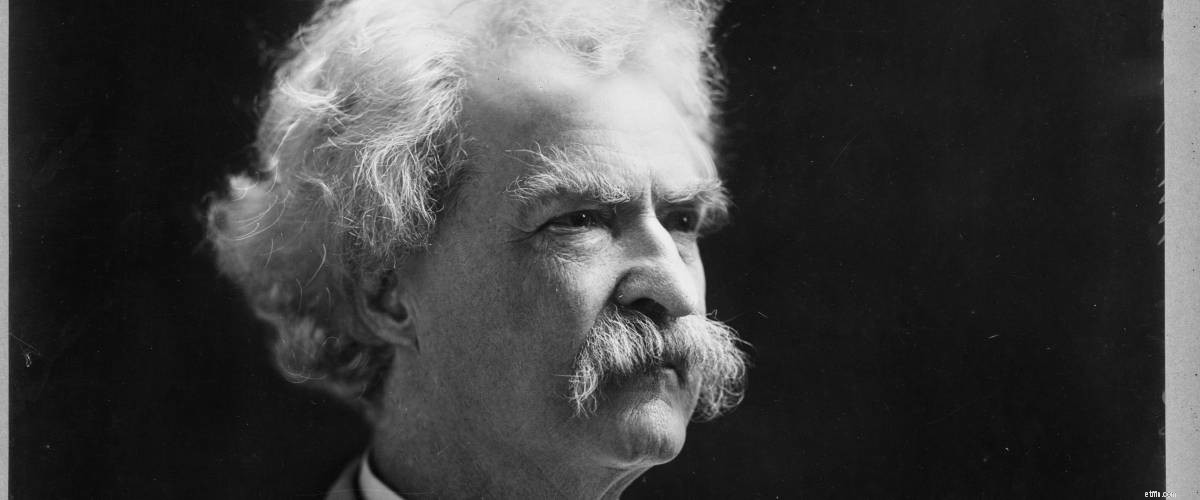
“10월:주식 투기를 하기에는 유난히 위험한 달 중 하나입니다. 나머지는 7월, 1월, 9월, 4월, 11월, 5월, 3월, 6월, 12월, 8월, 2월입니다."
성공에서 배울 수 있는 만큼 실패에서도 배울 수 있다는 사실을 기억하십시오. 이 전설적인 미국 작가는 저술, 강의, 결혼으로 부를 축적했지만 이후에 가난한 투자와 빠른 부를 축적하는 계획으로 파산했습니다.
몇 년 후인 1894년에 출판된 Twain의 The Tragedy of Puddn'head Wilson 장의 시작 부분에 이 냉소적인 관찰이 포함되어 있습니다.
일회용 라인으로 시작된 무언가에 대해 "마크 트웨인 효과"는 그 자체로 생명을 얻었습니다. 이 인용문은 10월에 주식 시장이 더 느린 수익률을 보고할 때 종종 언급됩니다.
돌이켜보면 1929년 월스트리트 폭락, 1987년 블랙먼데이, 2008년 금융 위기가 각각 10월 또는 9월 말에 시작되었습니다.
요점은 투자자가 10월 또는 7월, 1월, 9월, 4월, 11월, 5월, 3월, 6월, 12월, 8월 또는 2월에 모든 것이 횡보할 수 있도록 항상 준비해야 한다는 것입니다.
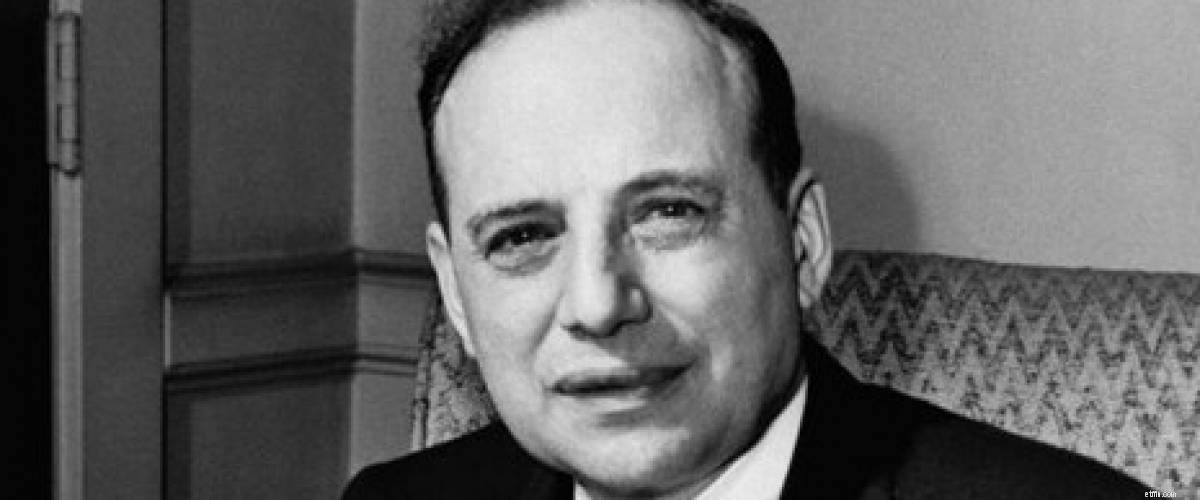
“The individual investor should act consistently as an investor and not as a speculator.”
Shortly before his death in 1976, the “father of value investing” gave an interview with the Financial Analyst Journal , sharing the insights of a 60-plus-year career.
Of the three rules he offered that individual investors should follow, the above quote was No. 1.
Graham explained that every decision an investor makes must be attributable to “impersonal, objective reasoning” that shows they’re getting more than their money’s worth for the purchase. Speculators, on the other hand, often trust their gut.
Even if you have impeccable instincts or great luck, Graham would argue that’s not a solid foundation on which to build a portfolio. Eventually it will fail, and your house may come crashing down around you.
If you’re looking to build on solid ground, there are lots of stable assets that still offer strong growth potential. You might consider investing in farmland, a profitable asset that has, until now, been difficult to buy into.
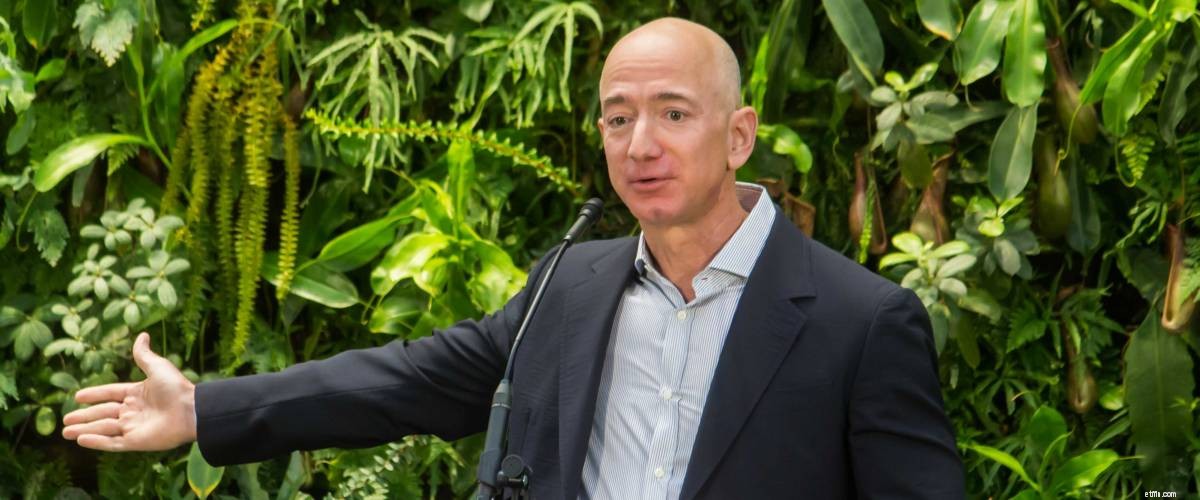
“Given a 10% chance of a 100 times payoff, you should take that bet every time. But you’re still going to be wrong nine times out of 10. We all know that if you swing for the fences, you’re going to strike out a lot, but you’re also going to hit some home runs.”
Bezos, the billionaire founder of Amazon, has been jockeying for the title of richest man in the world for the past year. Even if he’s lost the top spot, with a net worth of $193 billion, he’s surely got some valuable insights on building your fortune.
The biggest lesson he can pass on — other than taking a great idea, having excellent timing and building it up in your garage — is to accept risk. One of the first steps he took in founding today’s e-commerce juggernaut was to quit his job.
Amazon, which originally focused on books, could have flopped. But as he wrote in his 2015 letter to shareholders, betting on something you see value in can pay off. And while striking out is always a possibility, every failure is also an opportunity to learn, experiment and refine your strategy.
If you decide to take a risk on an individual stock, make sure it's a measured one. Some apps offer "fractional trading," which allows you to invest in even the most expensive stocks with as little as $1.
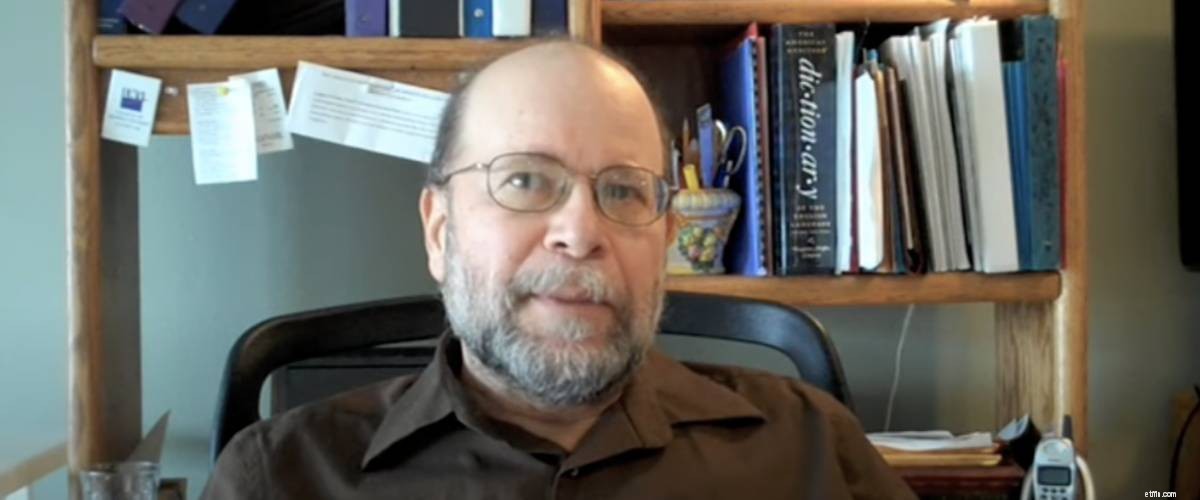
“There are two kinds of investors, be they large or small:those who don’t know where the market is headed, and those who don’t know what they don’t know. Then again, there is actually a third type of investor — the investment professional, who indeed knows that he or she doesn’t know, but whose livelihood depends on appearing to know.”
As a neurologist and cofounder of Efficient Frontier Advisors, an investment management firm, Bernstein’s mixed background no doubt offers him a unique insight.
But he’s far from the only expert to warn investors to stay away from anyone overly confident about the future of the market.
What you can take from this quote — published in his 2001 book, The Intelligent Asset Allocator — is that it’s important to acknowledge what you don’t know.
Investing is like riding a bull:The second you get comfortable with a certain rhythm, you’ll get tossed off. But if you know you could be headed for a fall any minute, you’ll be on your guard and better able to react.
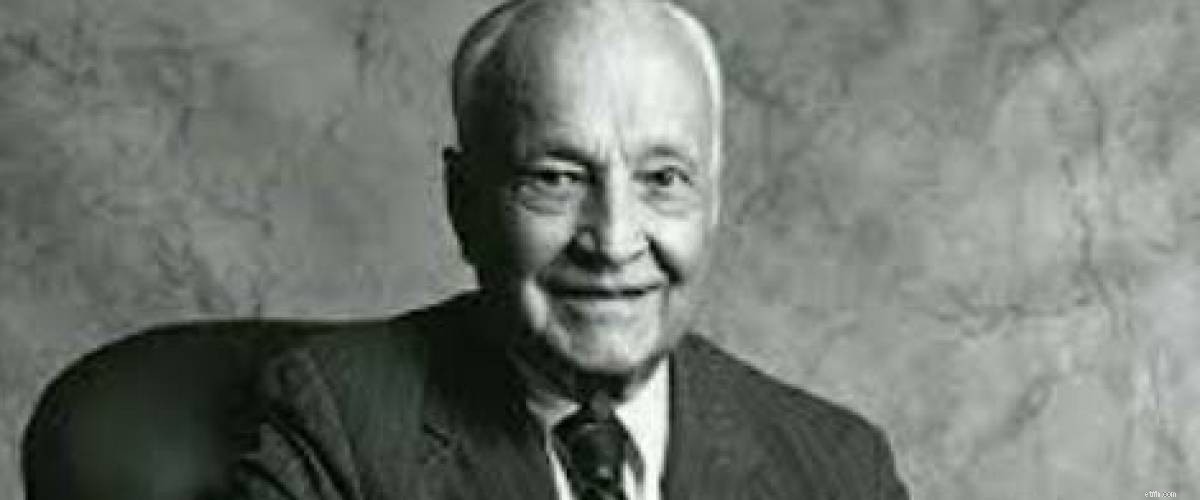
“The investor who says, ‘This time is different,’ when in fact it’s virtually a repeat of an earlier situation, has uttered among the four most costly words in the annals of investing.”
This quote, published in Templeton’s 1993 article 16 Rules For Investment Success, emphasizes the importance of learning from your mistakes.
That’s not to say Templeton — who became a billionaire investing in emerging markets worldwide — thought it possible to avoid mistakes entirely. In his mind, the only way to escape missteps is not to invest at all, which would be an even larger mistake.
Instead, he recommended keeping a cool head when you do make a wrong move. Instead of taking larger risks to dig yourself out of the hole, evaluate the situation, figure out what you did wrong and make sure you avoid that same trap in the future.
As the saying goes, the definition of insanity is doing the same thing over and over and expecting a different result. When you’re investing, remember what history has taught you and be open to trying different approaches.
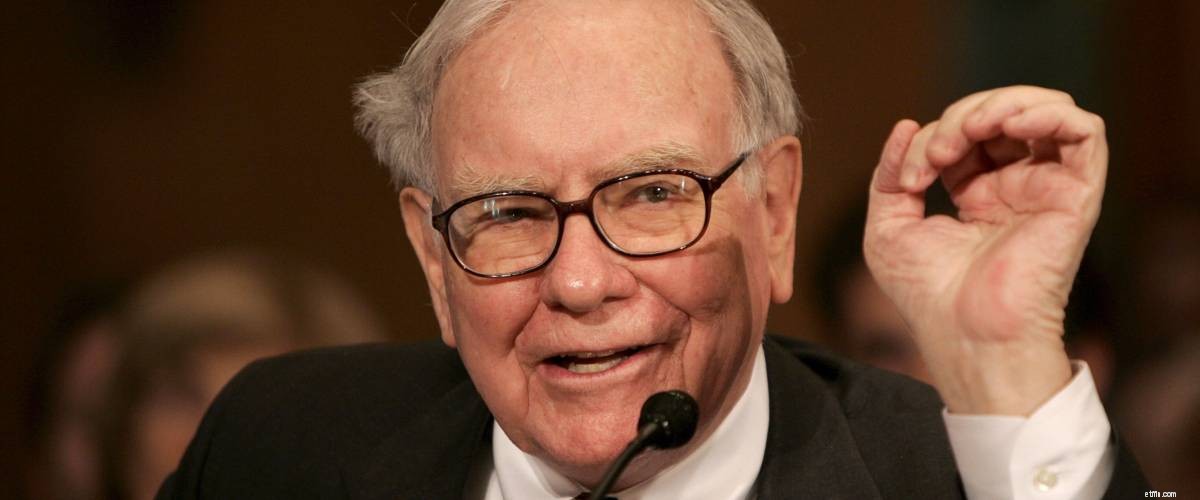
“Calling someone who trades actively in the market an investor is like calling someone who repeatedly engages in one-night stands a romantic.”
Warren Buffett is perhaps the king of cheeky and insightful investing quotes. This particular nugget is pulled from his book, The Essays of Warren Buffett:Lessons for Corporate America .
While he’s known for making smart picks as the “Oracle of Omaha,” Buffett is proudly outspoken about his long-term value-based strategy for investing, which has helped him amass his $100 billion fortune.
Buffett often jokes that his favorite holding period is “forever.” For example, he first bought shares of Coca-Cola back in 1988 and has never sold a single one.
To invest like Buffett, take a slow-and-steady approach, building and holding a diversified portfolio of companies with strong business models. One way to do that is to use an app that automatically invests your "spare change".